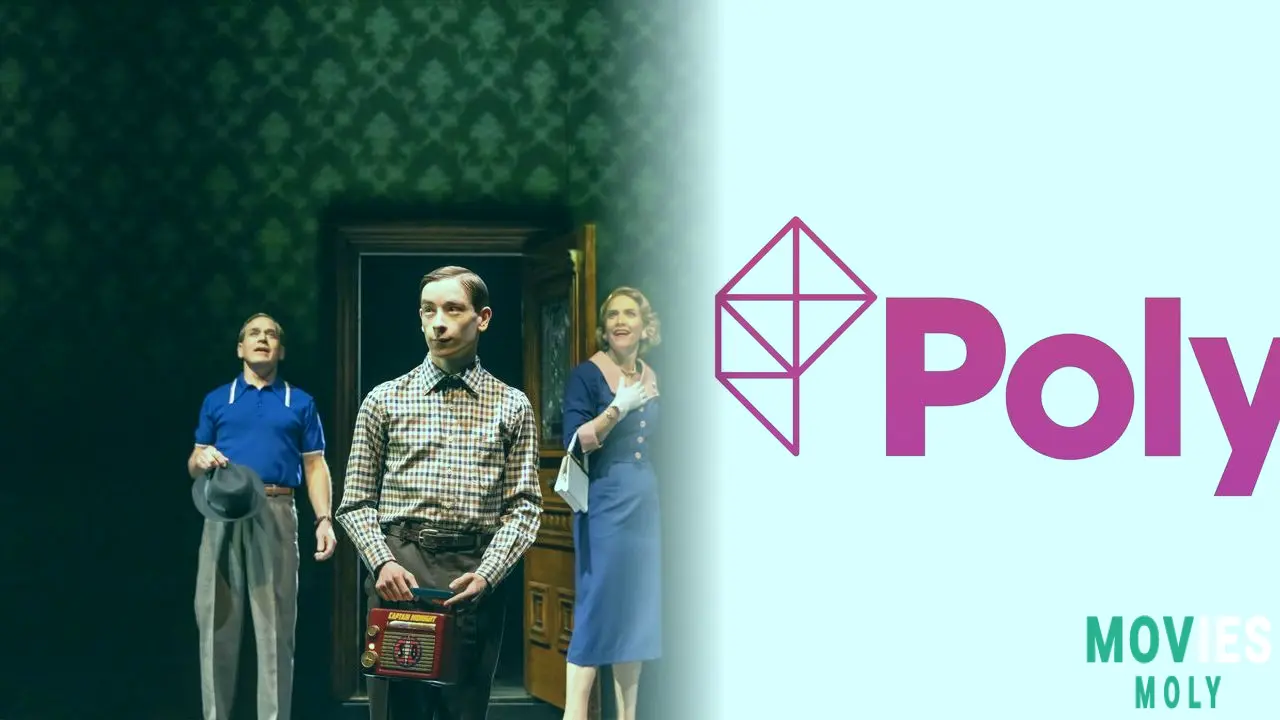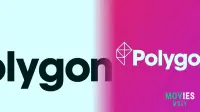This is more than just a sale — it’s a seismic shift in gaming media that strikes at the heart of labor, legacy, and what it means to be a platform for gamer culture in 2024.
After more than a decade as one of the most respected voices in gaming journalism, Polygon has been sold to media conglomerate Valnet. The acquisition, confirmed this week through a flurry of social media posts, internal messages, and industry reporting, didn’t just change ownership — it reshaped the battleground for media unions, employee rights, and editorial identity within the gaming ecosystem. And yet, beneath the layoffs and labor tensions, there remains a flicker of optimism about what Polygon could become under Valnet’s watch — if given the chance.
The messy reality behind Polygon’s sale and what it means for labor in mediaWhat should have been a quiet business transaction instead exploded into a moment of reckoning for Vox Media and its relationship with unionized staff. With less than a month remaining on the Vox Media Union’s contract, Polygon’s editorial team saw a devastating blow: more than 25 employees, many of them union members, were let go in the wake of the sale. Former editor-in-chief Chris Plante — now among those unemployed — echoed the sentiment of many when he tweeted, “If you’re hiring, please consider the many talented writers and editors now on the market.”
Polygon employees described the layoffs as not only abrupt but seemingly strategic, occurring in the middle of ongoing contract negotiations. The Vox Media Union called the move “a blatant undermining of a good-faith bargaining process,” highlighting how this isn’t just a corporate shuffle, but a strike against worker agency in a space that has long championed progressive values.
For those who’ve followed Polygon since its 2012 inception, this moment stings. The site wasn’t just about breaking news or reviews — it was a hub for culture, identity, and innovation in gaming. Its team led the charge on labor reporting, amplified marginalized voices, and redefined what gaming journalism could be. Losing that core team isn’t just a loss of personnel; it’s a hit to the soul of what made Polygon shine.
Valnet’s acquisition could unify gaming media — or risk homogenizing it
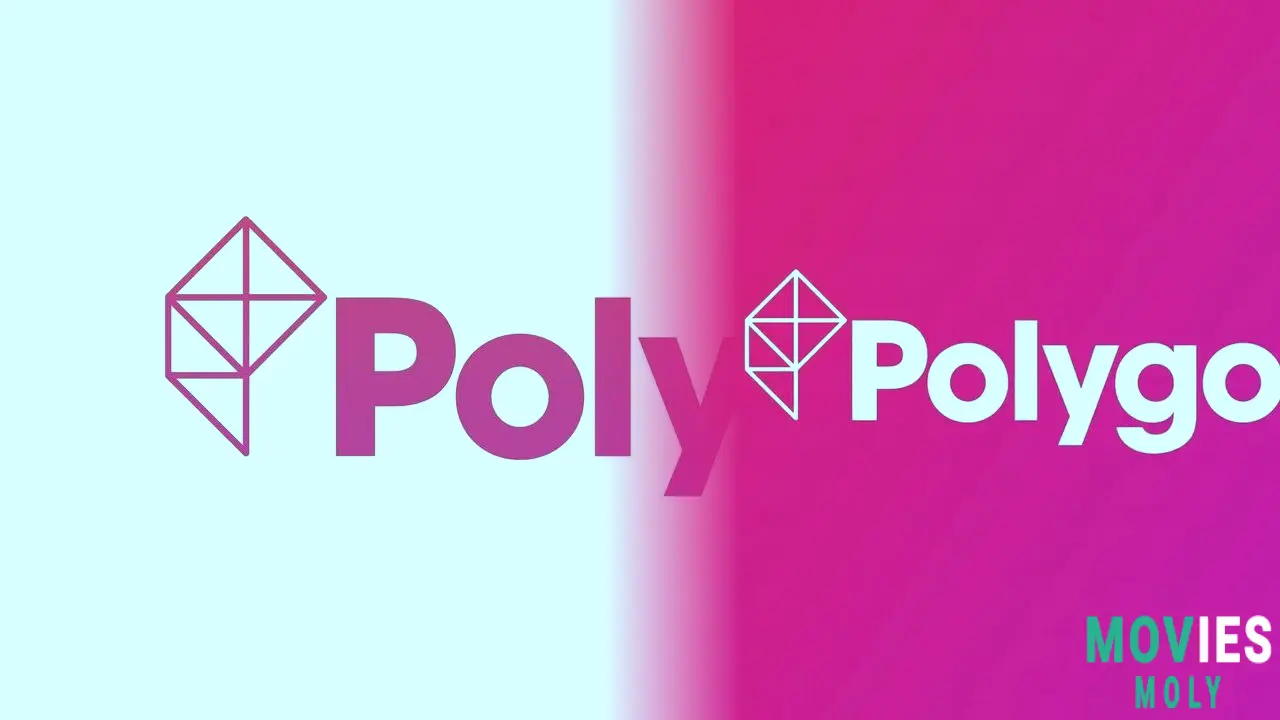
Valnet isn’t new to the gaming space. The company’s portfolio reads like a who’s who of gaming coverage: GameRant, TheGamer, DualShockers, OpenCritic, and now Polygon. Their strategy is clear — build scale through acquisition and integrate brands into a larger ecosystem. In theory, this could mean more resources for Polygon, deeper cross-platform collaboration, and new opportunities for editorial growth.
“With Valnet’s proven operational excellence, Polygon is poised to reach new editorial heights through focused investment and innovation,” the company said in its press release. That’s the optimistic play. The one where Polygon leverages Valnet’s infrastructure to experiment, expand, and evolve — perhaps merging the cultural depth of Polygon with the broader reach of GameRant and TheGamer.
But there’s a shadow looming over that optimism. Recent reports from TheWrap describe working conditions at some Valnet-owned sites as “almost sweatshop-level.” Former contributors have raised red flags about the toll of relentless content cycles and the prioritization of traffic over talent. If Polygon is to thrive under Valnet, it will need to resist that pressure and fight for the kind of quality journalism that earned it its reputation in the first place.
Polygon’s legacy is intact — and that legacy still holds power
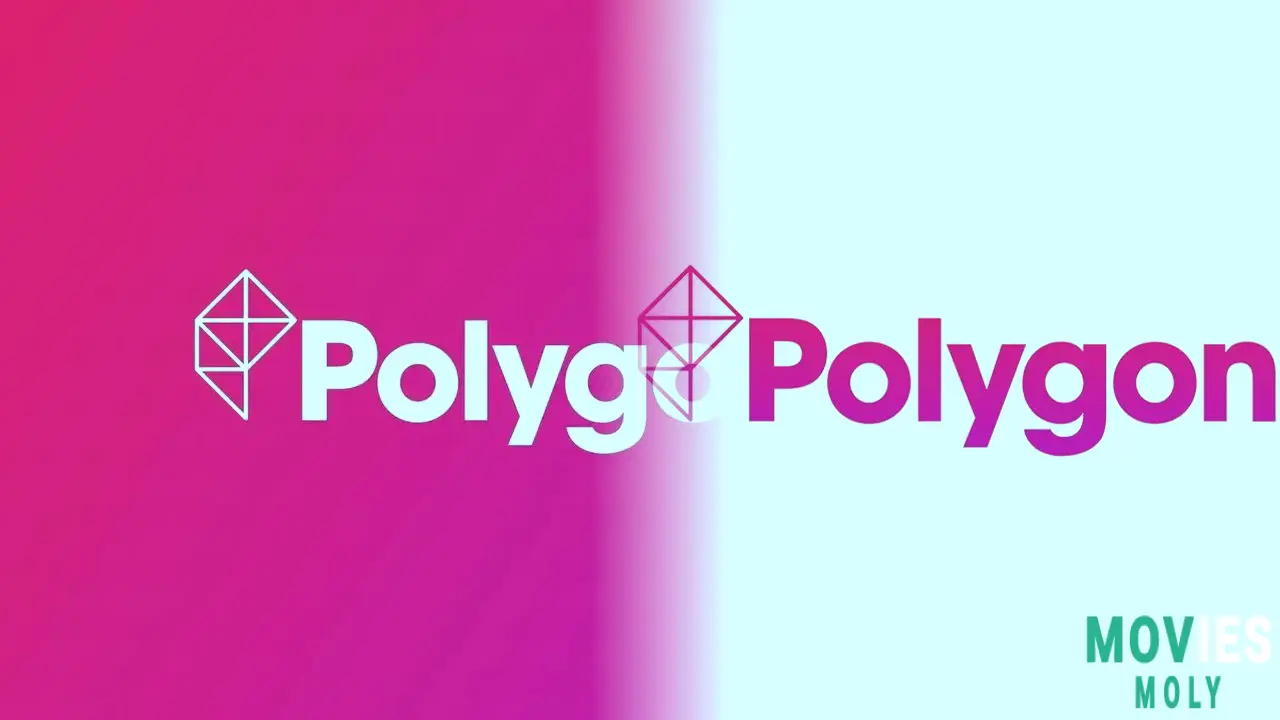
Even in this turbulent moment, one truth remains: Polygon’s brand is powerful. Its voice resonates deeply with a community that craves authenticity, insight, and respect. That’s a currency that can’t be bought — only earned. And despite the painful transition, Polygon’s legacy of smart reporting, cultural critique, and gamer-first storytelling still gives it a leg up on every other site in Valnet’s portfolio.
Polygon’s next chapter won’t be defined by who owned it last week, but by who writes for it tomorrow. The talent may have been shaken, but the brand’s connection to its audience — and to the broader gaming culture — is still strong. If Valnet can tap into that, and more importantly, if they allow Polygon’s creators the space to do what they do best, there’s real potential for rebirth here.
What Polygon’s story reveals about the intersection of media, labor, and fandom today
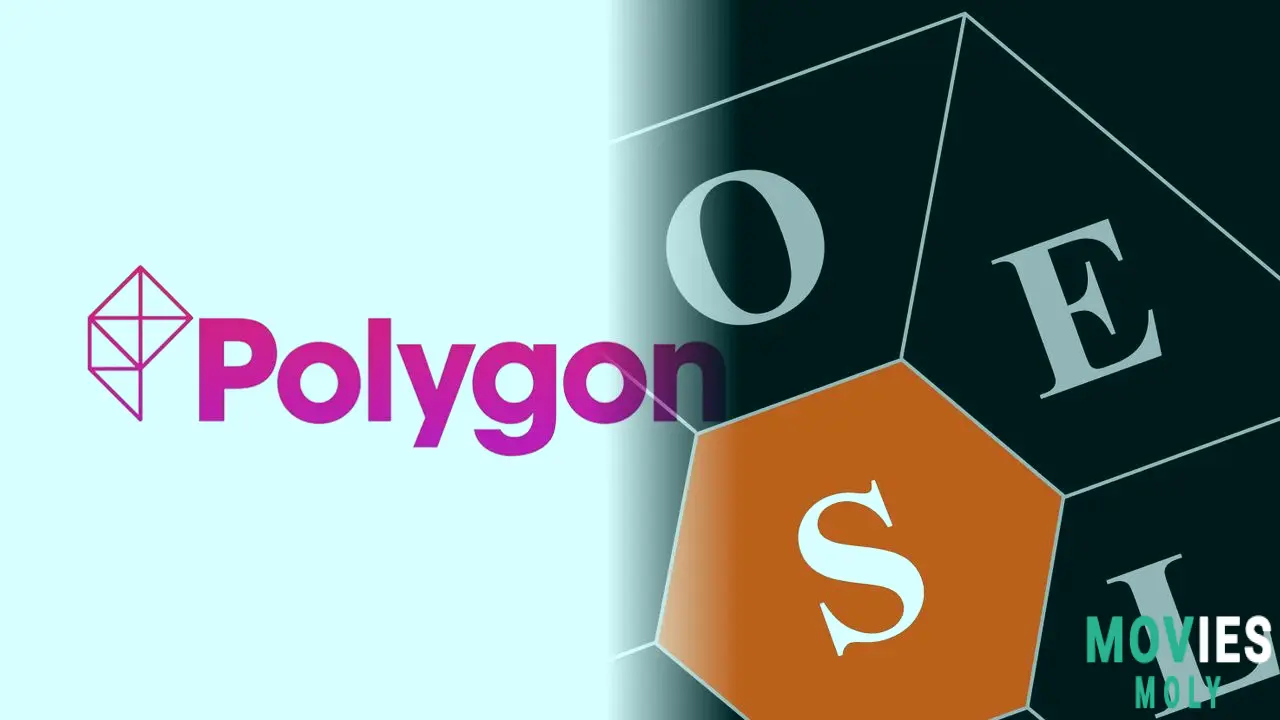
In many ways, Polygon’s sale is a microcosm of where media — especially niche, community-driven media — stands in 2024. It’s about the tension between profitability and principles, between growth and goodwill, and between management and the creators who build value with every word, video, and podcast.
For the gaming community, this is a call to pay attention — not just to the games we play, but to the platforms that cover them. Polygon has been a champion for that kind of awareness for years. Now, as it enters a new phase, the hope is that it continues to play that role.
Because if Polygon can survive this storm, it might just come out stronger — and more essential — than ever.

